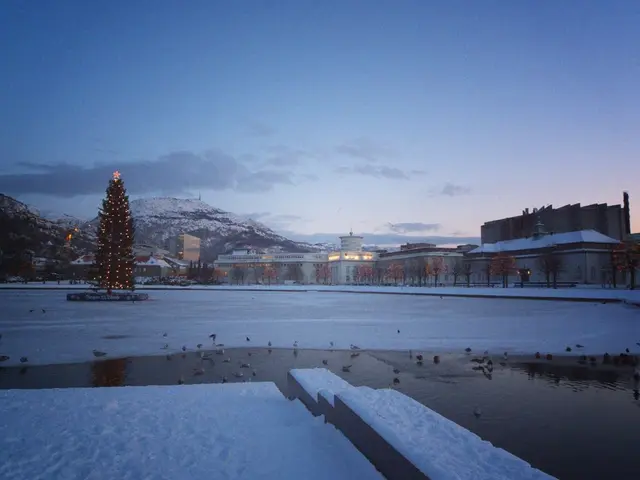The surging popularity of sleep tourism in recent years can mainly be attributed to the following factors:
- Work-Life Pressure and Burnout: As modern life becomes more frantic, individuals struggle to disconnect from their work and social commitments, leading to chronic exhaustion. Sleep tourism offers an escape from daily burdens, enabling individuals to recharge and revitalize their mind and body.
- Shifting Attitudes Towards Wellness: After the pandemic, people started placing a greater emphasis on their health and well-being. For many, this shift extended to their travel choices, leading them to explore sleep-focused vacations and retreats to prioritize their internal restoration.
- Technology Overload: In today's digitally-connected world, the use of devices and screens before bedtime often contributes to sleep disturbances. Sleep tourism offers an opportunity to disconnect from technology and embrace a relaxing environment conducive to sound sleep.
- Wellness Travel Trends: The pandemic has accelerated the trend towards holistic and wellness-focused travel. Travelers are increasingly seeking destinations that offer respite, digital detox, and rejuvenation. Sleep tourism taps into this demand for relaxing and rejuvenating experiences.
- Scientific Evidence: Research has highlighted the positive impact of nature, cooler temperatures, and a quiet environment on sleep quality. This evidence has served as a catalyst for sleep tourism, helping individuals choose destinations that can promote better sleep and overall wellness.
These factors combined have driven the growing interest in sleep tourism and catered to travelers' needs for rest, relaxation, and improved sleep during and post-pandemic.





